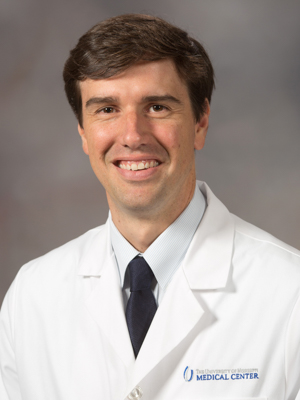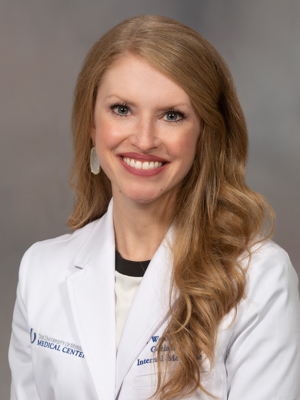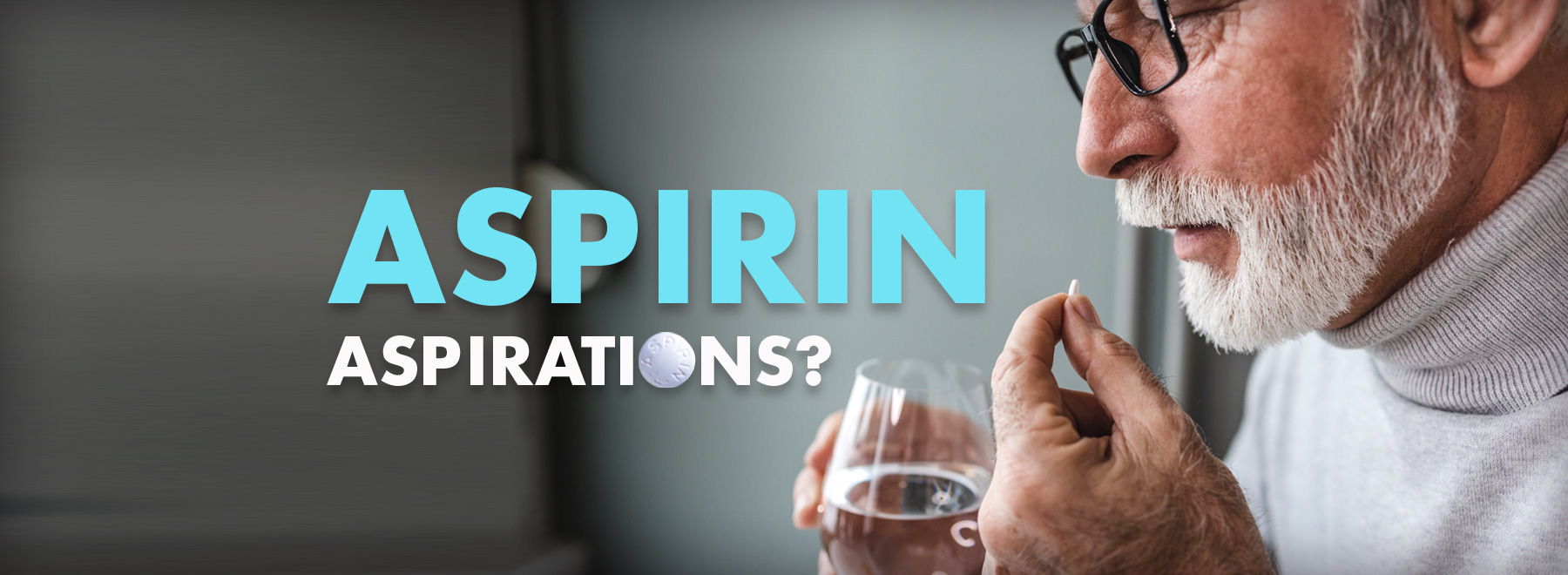New aspirin guidelines suggest you may need to think twice
Aspirin – like a tattoo or Nebraska – is not for everyone.
If you’re thinking about starting a daily regimen of aspirin to prevent something that never happened to you before, you may need to reconsider.
Earlier this year, a change emerged regarding guidance about using aspirin to ward off conditions affecting the heart and blood vessels. The U.S. Preventive Services Task Force says people over the age of 60 without a history of heart disease should not start taking daily, low-dose aspirin to prevent cardiovascular events like stroke or heart attacks.

“Recent, large randomized controlled trials have demonstrated that older individuals without cardiovascular disease do not benefit from daily aspirin,” said Dr. Donald “Trey” Clark, associate professor of medicine in the Division of Cardiovascular Diseases at the University of Mississippi Medical Center.
“These trials show that daily aspirin does not reduce the risk of cardiovascular events and increases the risk of bleeding events in this population.”

It is important to stress that the task force guidelines address only whether someone should start taking daily aspirin, not whether people should continue it, said Dr. Lyssa Weatherly, associate professor of medicine in Division of Geriatrics and Gerontology at UMMC.
It all comes down to understanding the difference between primary prevention and secondary prevention. “For primary prevention, the answer is ‘no’ – do not start aspirin if you have never had a heart attack or stroke, especially if you’re 60 or over,” Weatherly said.
“You’re already at greater risk for bleeding when you age, and taking aspirin can increase your risk of GI [gastrointestinal] bleeding.
“But, for secondary prevention, to prevent another heart attack or stroke, most people end up staying on aspirin. I am not routinely stopping people who are on it. When it comes to secondary prevention, taking aspirin can be life-saving.”
It can be life-saving when it comes to other types of cardiovascular complaints, such as coronary artery disease – plaque buildup in the walls of the arteries – and peripheral vascular disease – plaque buildup in the arteries of the legs or arms. A history of stent placement also applies, Clark said.
“Patients with these conditions should not stop taking daily aspirin without speaking with their doctor,” he said.
“Some individuals at high risk of cardiovascular disease and low risk of bleeding may obtain a small benefit from daily aspirin. The presence or absence of diabetes is an important factor when considering the risk-benefit decision about aspirin use.
“However, many people taking daily aspirin should consider discontinuing this therapy – in consultation with their doctor.”
Not everyone is a diligent consulter. Even before the new guidelines, the National Institutes of Health reported on a study showing that about 29 million Americans who don’t have cardiovascular disease take low-dose or “baby” aspirin daily for prevention; 6.6 million do so without the blessing of a health care provider.
At the rate of 25 percent, people age 75 and older take baby aspirin without either their physician’s knowledge or recommendation, Weatherly said.
“It’s dirt cheap and so accessible. And it sounds so harmless: ‘If “baby” is in the name, it can’t hurt me, right?’ But it still carries risks.”
Still, she said, “a whole lot more people in this country die from heart disease than from a GI bleed.”
Heart disease caused one out of every five deaths in the U.S. in 2020; it was fatal for about 697,000 people, making it the leading cause of death, the Centers for Disease Control and Prevention reports.
It is so life-threatening that the task force made a separate recommendation for adults ages 40 to 59: If you have a high risk for heart disease, speak with your doctor about starting daily aspirin: Does the benefit outweigh the risk?
There are tests for finding risk, Weatherly said.
The coronary calcium scan, a specialized CT scan of the heart, helps doctors discover and measure the presence of calcium plaque in the arteries; this plaque can hinder blood flow to the heart. The scan enables physicians to detect possible coronary artery disease before symptoms show up.
Weatherly has used the test on her patients, most of whom are older. If the score is high enough – any score above zero is not good news, she said – she will put them on aspirin and statins.
Statins are drugs used to lower LDL, or “bad” cholesterol, and raise the “good,” or HDL, cholesterol. For her patients ages 60 to mid-70s, they can completely replace aspirin as a treatment for primary prevention of heart attack or stroke, Weatherly said.
“Some people may not know that aspirin won’t prevent you from getting cardiovascular disease,” she said. “It saves your life when you already have a plaque disease; it suppresses the mechanism that can kill you.
“A statin, though, can prevent cardiovascular disease.”
There are other ways to stop it before it starts, and they don’t come in a Rx bottle.
“A healthy lifestyle including regular exercise, a heart healthy diet, weight management, and smoking cessation remains the cornerstone of cardiovascular disease prevention,” Clark said.
Smoking cessation is “insanely important,” Weatherly said. “Acceptable alcohol intake is also significant.”
To sum up: Don’t stop taking aspirin if you’ve had a stent or a previous heart attack or stroke; for adults 60 and older with no heart disease, don’t start.
If you would like to consult with a UMMC physician about whether you should continue, commence or stop taking aspirin, you may make an appointment here.
The above article appears in CONSULT, UMMC’s monthly e-newsletter sharing news about cutting-edge clinical and health science education advances and innovative biomedical research at the Medical Center and giving you tips and suggestions on how you and the people you love can live a healthier life. Click here and enter your email address to receive CONSULT free of charge. You may cancel at any time.



